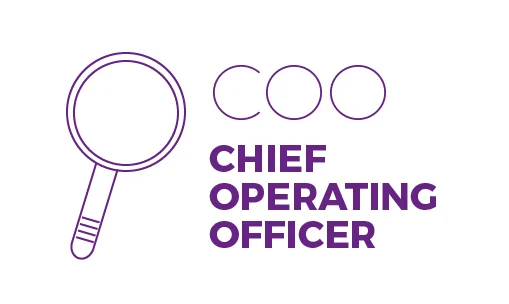The corporate world is full of acronyms, and one such acronym is COO. COO stands for Chief Operating Officer. It is a senior executive who is responsible for managing the day-to-day operations of a company. In this article, we will discuss the full form of COO, its responsibilities, and its importance in an organization.
The Full Form of COO
The full form of COO is Chief Operating Officer. The COO is responsible for the day-to-day operations of the company, ensuring that everything runs smoothly and efficiently. They work closely with other top executives, such as the CEO and CFO, to make strategic decisions for the organization.
Responsibilities of a COO
The COO has a wide range of responsibilities, which may vary depending on the organization’s size and structure. However, some of the key responsibilities of a COO are:
- Overseeing Operations: The COO is responsible for overseeing the day-to-day operations of the company. This includes ensuring that all processes and procedures are running smoothly and efficiently.
- Strategic Planning: The COO is responsible for developing and implementing strategies to achieve the company’s goals and objectives. They work closely with other executives to make strategic decisions for the organization.
- Financial Management: The COO is responsible for managing the company’s finances. They work closely with the CFO to ensure that the company is financially stable and that resources are being used effectively.
- Human Resources: The COO is responsible for managing the company’s human resources. This includes hiring and training employees, developing employee policies, and ensuring that the company is in compliance with labor laws.
Importance of COO in an Organization
The COO is an important member of the executive team, and their role is critical to the success of the organization. Here are some of the reasons why the COO is important:
- Efficiency: The COO is responsible for ensuring that the company is running efficiently. This means that they are responsible for identifying inefficiencies and finding ways to streamline processes and procedures.
- Strategy: The COO plays a critical role in developing and implementing the company’s strategy. They work closely with other executives to make strategic decisions that will help the company achieve its goals.
- Accountability: The COO is accountable for the day-to-day operations of the company. This means that they are responsible for ensuring that the company is meeting its goals and objectives, and that resources are being used effectively.
- Decision Making: The COO is a key decision-maker in the organization. They work closely with other executives to make strategic decisions that will help the company grow and succeed.
Conclusion
In conclusion, the COO is a critical member of the executive team, responsible for managing the day-to-day operations of the company. The full form of COO is Chief Operating Officer, and their responsibilities include overseeing operations, strategic planning, financial management, and human resources. The COO is important for ensuring efficiency, developing strategy, accountability, and decision making in the organization.



